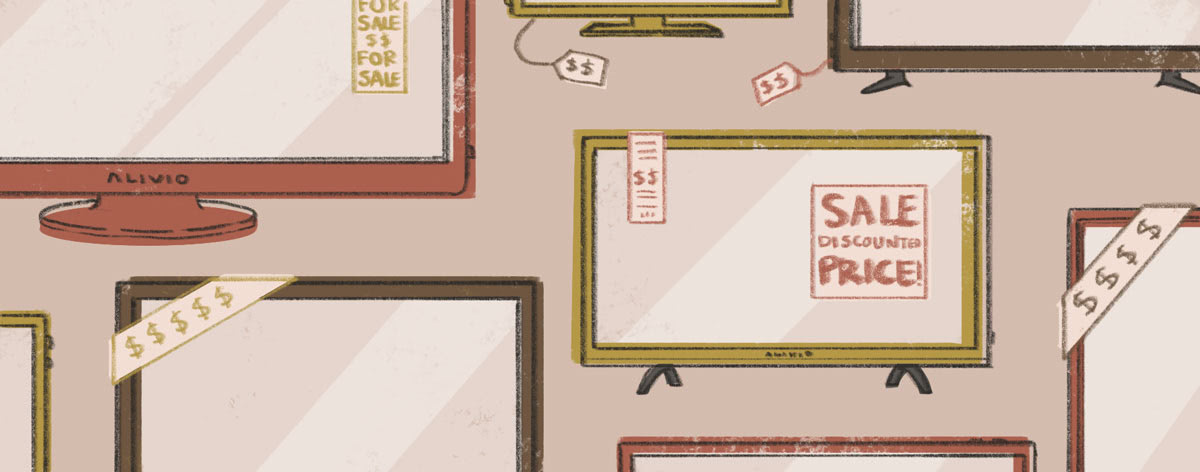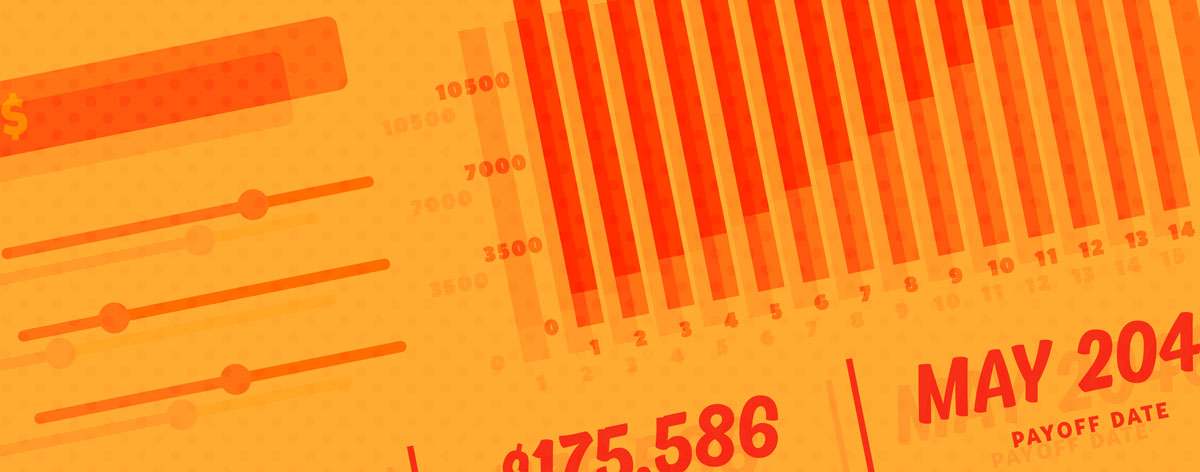How to Get Your First Credit Card
Wondering how to get your first credit card? Understanding how the process works and how to qualify for one will help ensure you’re fully prepared to take the plunge.
A credit card is a powerful tool in your financial arsenal if used carefully and correctly. With a credit card, you can borrow money for day-to-day purchases. Each month, you’ll receive a statement that includes the minimum you need to pay back by the due date. Everything not repaid by then will accrue interest. If you don’t want to owe more than you borrowed, you’ll need to pay the balance off in full (not just the minimum) by the due date.
The dangers of credit cards come when you borrow more than you can easily afford to pay back. When you carry a balance month to month, the amount you owe will continue to grow because of interest. Credit cards tend to have relatively high interest rates when compared to other types of credit, which makes what you owe grow very quickly. That, and the ease of buying things with a credit card, means that you need to be careful and aware whenever you swipe it at checkout. A credit card does not give you access to free money. It gives you access to money you borrow with the intention of paying back relatively quickly.
A credit card is a type of revolving credit. This means that you’re only approved to borrow up to a certain amount of money (your credit limit). If you hit that limit, you won’t be able to borrow any more until you pay part or all of the money back.
Finally, just because you’ve decided that you want a credit card doesn’t mean a provider will agree to give you one. You must be approved by the provider in order to get a credit card, and there are a few key qualifications you’ll need to meet in order to do so.
A person’s credit history and credit score are usually the biggest determining factors in whether they’re approved for a card or not. Your credit history is a record of the money you’ve borrowed and payments you’ve made or missed. Your credit score is a reflection of that history shown as a number between 300 and 850. Nearly every credit card has a recommended level of credit, usually either “fair,” “good,” or “excellent,” and these levels are tied to your credit score. Lenders use both credit history and credit score to determine if and how much they should allow someone to borrow based on the likelihood that they’ll pay it back.

It’s likely you don’t have a lot of credit history or an overly strong credit score as a first time credit card user. This doesn’t necessarily mean you won’t be able to get a credit card, but it will limit the cards available to you. For example, you may need to seek out a first-time credit card with no credit history requirement or one that doesn’t require a credit check.
If you can’t qualify on your own or you want a card outside of your credit score’s level, you may need someone to co-sign. This means the credit card provider will take a look at that person’s credit history as well as yours. If it’s good, the lender can extend you credit with the agreement that the co-signer will be on the hook if you become unable to pay back what you borrowed.
Generally, you need to be 18 to get your own credit card. If you aren’t and if you’re wondering how to establish credit when you have no credit history, you can look into becoming an authorized user on someone else’s account, such as a parent or guardian. This allows you to make purchases that are assessed to that person’s account. They will be the one legally responsible to pay back all the money borrowed, but it can help you build your credit history. Be careful, though, this means that positive (on-time payments) and negative (missed payments) actions on an account you can't control will be reflected in your credit history.
With all the options out there, picking the right credit card may feel overwhelming. Focusing on the most important aspects can help narrow your search. Look into all the details to be sure you get a full picture of what you would be agreeing to. If you can, it’s best to get a card with no annual fee. This means you won’t have to pay the lender just for having an account with them. Watch out for other fees like finance charges if you don’t pay your balance off by a certain date or cash advance fees for using an ATM.
Similarly, it’s best to try for the lowest interest rate you can qualify for. This will be listed as the APR, which stands for annual percentage rate. Many credit cards have a variable APR, which means that the rate is subject to change, so it can be hard to know exactly what rate you’re getting.
Finally, you should find a card with rewards and benefits that suit your priorities. Some cards offer cashback for qualified purchases while others offer discounts in certain categories like groceries or gas and others earn miles for travel. These benefits can add up to make a big difference and help you earn rewards for the things you were going to buy anyway.
Once you’ve done all your research, it’s time to submit an application. You’ll usually need little more than your birth date, social security number, and income. Depending on the card, there may also be an application fee. Most often, the entire process can be completed online and in one sitting.
Be careful about submitting too many applications in a short period of time. Each application uses one of two ways to pull (check) your credit. A soft pull won't affect your score but a hard pull will do a little damage. That just means you should be conservative in your applications and only apply if you think you will qualify.
Credit cards are one of many financial tools that you should consider carefully before using. While they can be dangerous if misused, they can also add ease to your everyday shopping and bonus rewards for good habits. What matters most is that you understand what you are agreeing to and do your research carefully before selecting your first card.
Neither Banzai nor its sponsoring partners make any warranties or representations as to the accuracy, applicability, completeness, or suitability for any particular purpose of the information contained herein. Banzai and its sponsoring partners expressly disclaim any liability arising from the use or misuse of these materials and, by visiting this site, you agree to release Banzai and its sponsoring partners from any such liability. Do not rely upon the information provided in this content when making decisions regarding financial or legal matters without first consulting with a qualified, licensed professional.


